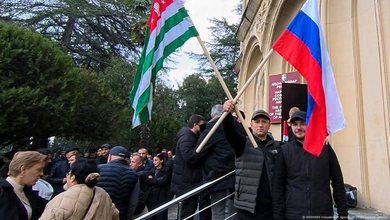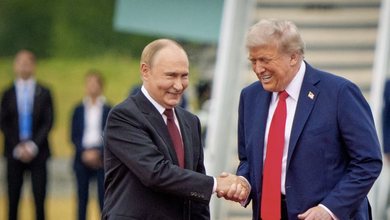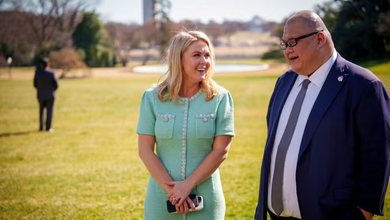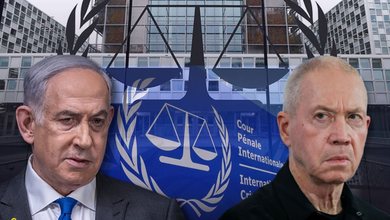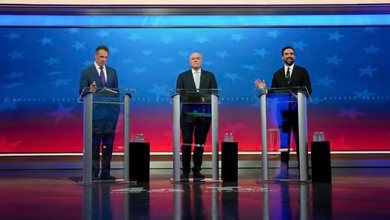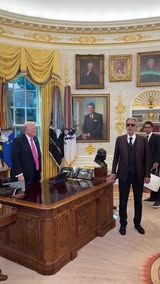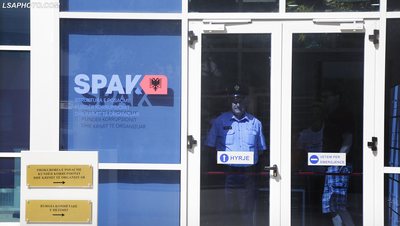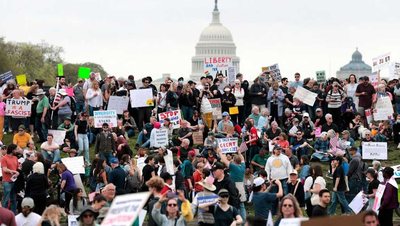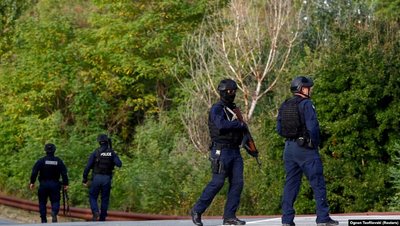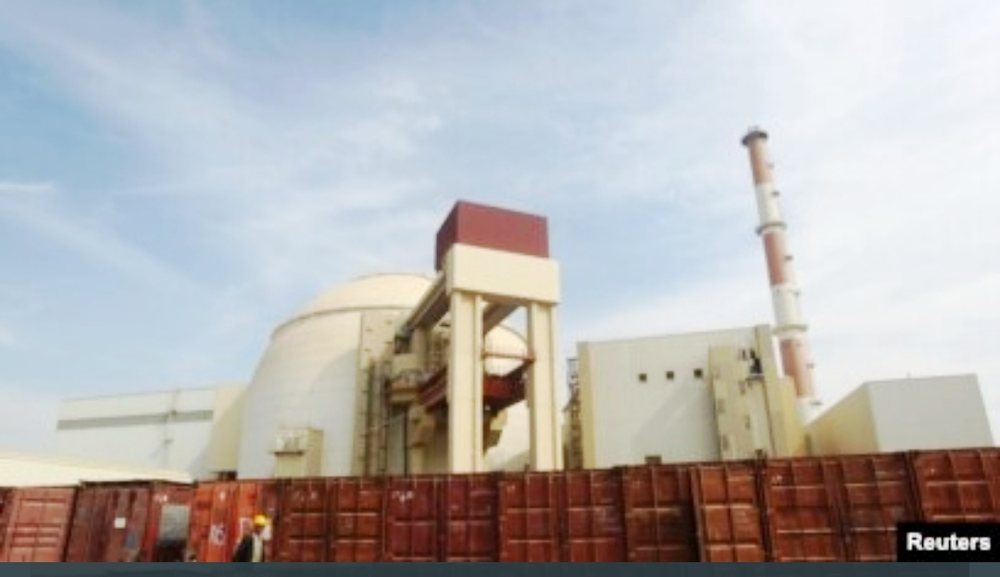
Iran said it was no longer bound by restrictions on its nuclear program after a 10-year deal between it and world powers expired, although Tehran reiterated on October 18 "our commitment to diplomacy."
The 2015 agreement - signed in Vienna by Iran, China, Britain, France, Germany, Russia and the United States - provided for the lifting of international sanctions against the Islamic Republic in exchange for restrictions on Tehran's nuclear program.
But Washington unilaterally withdrew from the agreement during President Donald Trump's first term, and Iran subsequently withdrew from its commitments.
Last month, United Nations sanctions were reimposed on Iran. The automatic sanctions mechanism was activated by the European signatories to the 2015 agreement.
From now on, "all provisions [of the agreement], including restrictions on the Iranian nuclear program and related mechanisms, are considered completed," Iran's Foreign Ministry said in a statement on the day of the pact's expiration.
"Iran strongly expresses its commitment to diplomacy," she added.
Western powers have long accused Iran of seeking to develop nuclear weapons, a charge Tehran has repeatedly denied and insisted that its nuclear program is only for civilian purposes, such as energy production.
The agreement's "expiration date" was set for October 18, 2025, exactly 10 years after its adoption in UN Security Council Resolution 2231.
The deal limited Iran's uranium enrichment to 3.67 percent purity in exchange for sanctions relief.
According to the International Atomic Energy Agency, Iran is the only country without a nuclear weapons program that has enriched uranium to 60 percent purity. That level is close to the 90 percent threshold needed for a nuclear bomb./REL



